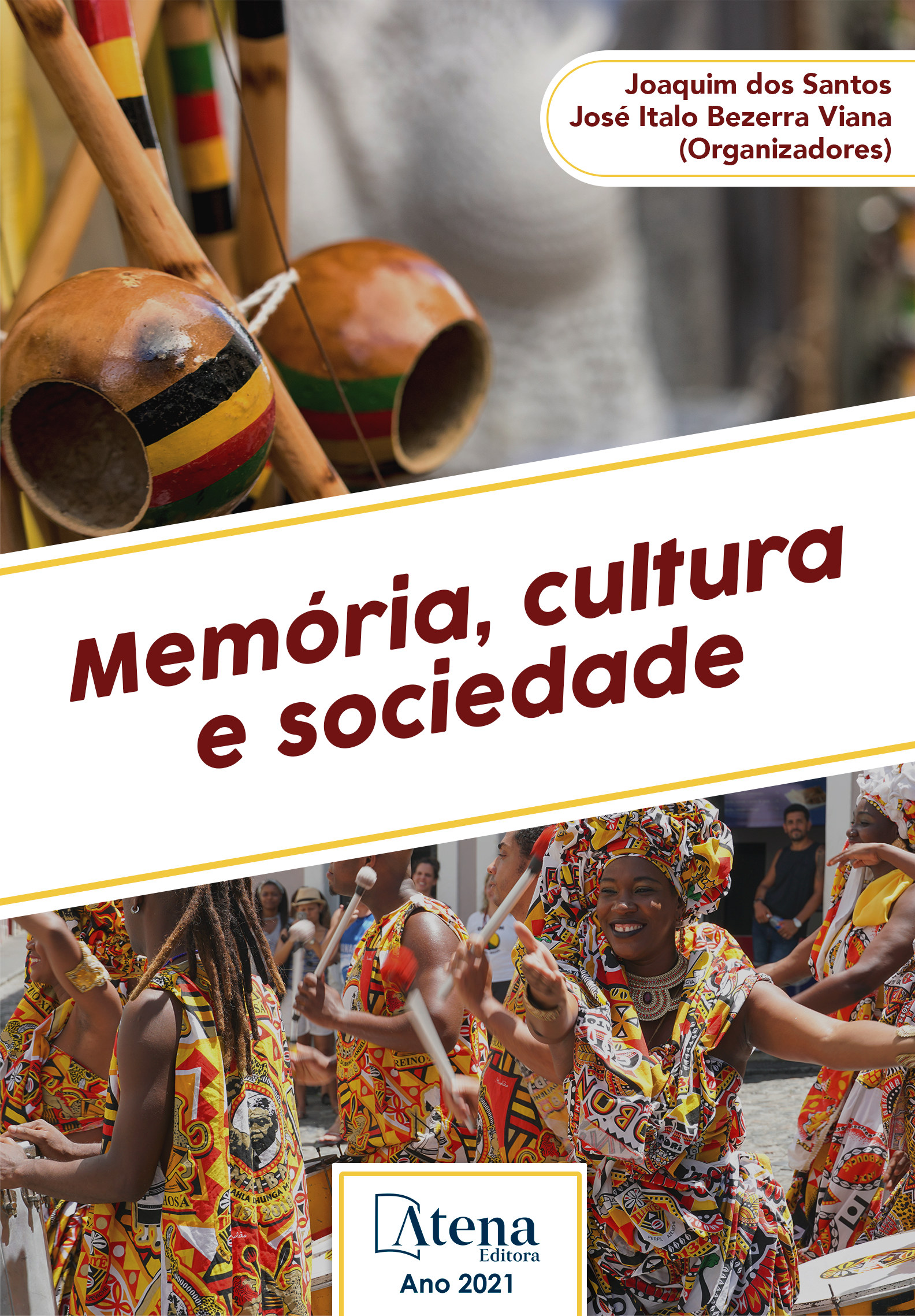
ESTÉTICA E METALINGUAGEM EM PASÁRGADA
Esta pesquisa contempla através da metalinguagem as constantes análises da memória de recuperação e de recriação do passado em consonância com o eu lírico em Manuel Bandeira. Neste sentido, objetiva-se entender através de investigação o seu Itinerário de Pasárgada em conformidade com o poema Vou-me embora pra Pasárgada. Já que a obra é um exercício de metalinguagem, em que o poeta elucida o seu fazer poético. Investiga-se, assim, a obra de Manuel Bandeira, procurando identificar a influência dos fatos reais na sua produção poética. Neste estudo, fez-se necessária a análise, através de certo conhecimento científico, da crítica biográfica que relata a vida do autor, a infância e fatos importantes, como também relatos dos seus familiares, enfim, sobre o seu cotidiano. Para fundamentar o presente estudo, procura-se relembrar de um Bandeira, menino do Recife, e que por lá viveu a sua primeira infância; a mudança para o Rio de Janeiro, quando tinha seis anos; o retorno para Recife e, mais uma vez o Rio de Janeiro. A infância do poeta é marcada por inesquecíveis momentos. Conclui-se que o Itinerário de Pasárgada, procura-se mostrar que a poesia de Bandeira é um processo de releitura e recriação permanente que vai do eu ao outro, para retornar, repleta de significado para o eu. A poesia mostra-se como um processo de costura de um eu, que nasce a partir de si e que passa necessariamente pelo outro.
ESTÉTICA E METALINGUAGEM EM PASÁRGADA
-
DOI: 10.22533/at.ed.3402131058
-
Palavras-chave: Itinerário de Pasárgada, Metalinguagem, Estética, Autobiografia, Manuel Bandeira.
-
Keywords: Pasárgada’s itinerary, Metalanguage, Aesthetics, Autobiography, Manuel Bandeira.
-
Abstract:
This research contemplates through the metalanguage the constant analyses of the memory and the recreation of the past in consonance with the lyric self in Manuel Bandeira. In this sense, it’s set the objective to understand by investigating his Paságarda-like itinerary in conformity with the poem Vou-me embora pra Pasárgada. This way, it’s investigated Manuel Bandeira’s work, looking to identity the real-life facts in his poetic production. In this study, it was necessary the analyses, by the means of certain scientific knowledge, the biographical criticism which reports the author’s life, his infancy and important facts, as well the reports of his family members, finally, the information regarding his everyday life. To substantiate this study it’s resolved to remember Bandeira, Recife’s boy, where he lived his first infancy; the migration to Rio de Janeiro, when he was six years old, the return to Recife and, again, Rio de Janeiro. The infancy of the poet is marked by unforgettable moments. It concludes that the Pasárgadas’s itinerary has the objective to demonstrate the Bandeira’s poetry is a process of permanent rereading and recreation which goes to the other to return, teeming with meanings to the self. The poetry is shown as a process of sewing of a new self, which is born from itself and necessariy goes through the other.
-
Número de páginas: 12
- Vítor Hugo da Silva


